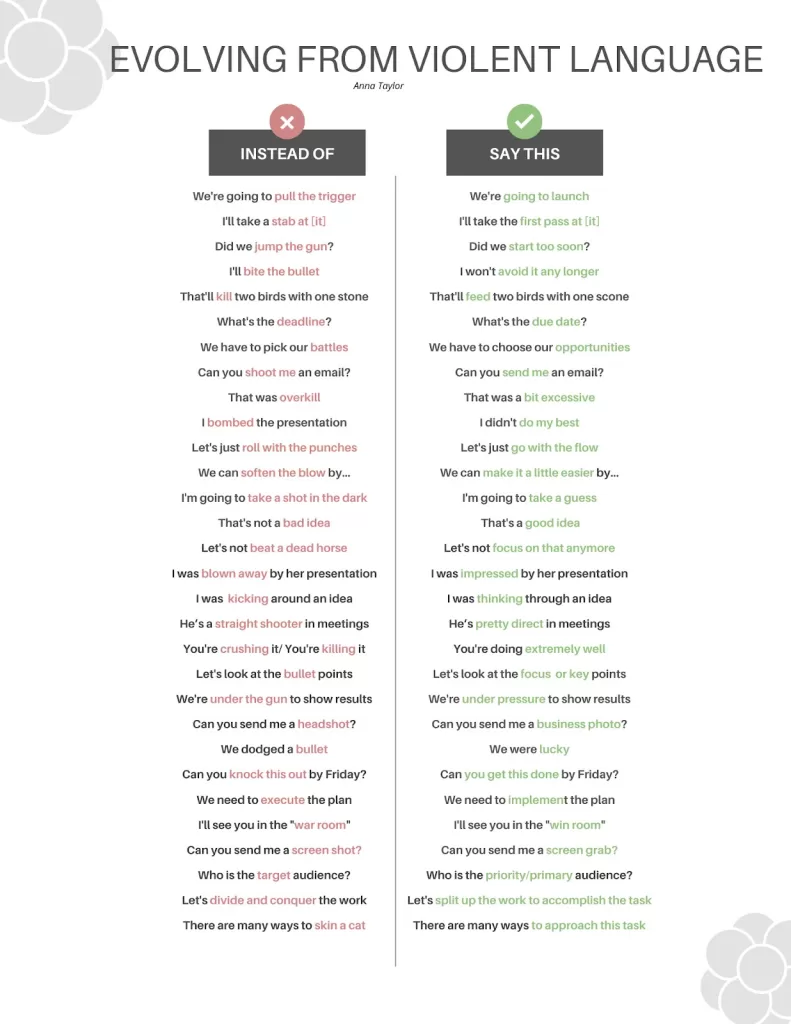As with how you should proactively design the experience in your customer’s journey, you should do the same with your employees’ journey:
- How do they discover your company?
- What do they learn about you during their research and due diligence?
- The job application process.
- The interview process.
- The post-interview follow-up experience.
- Negotiation and acceptance.
- Onboarding.
- And ongoing engagement.
Unhappy employees have the potential to cause as much, if not more, damage to your external brand than unhappy customers. Ensure you pay equal attention to the experience of your employees’ journey, so they may continue to vouch for you even after they’ve left.
SALES TRAINING
As you implement sales training programs, ensure the following:
Customize it for your business
There are many excellent generic sales programs available. While enrolling your new SDRs in these may be more affordable, consider investing in custom-created training for your organization. This is because people retain information better when it’s relevant to them. Customization ensures that they are provided with realistic scenarios, prospects, objections, and exercises that will aid them in navigating similar situations when they occur.
Practice, practice, practice
We might not have the chance to apply what we learn immediately or do so frequently. Practicing in between by quizzing each other and role-playing helps us retain knowledge. Keep that mental muscle strong using spaced repetition: review the information at increasing intervals over time to improve long-term retention. Adjust spacing intervals based on your performance. If you recall the information correctly, extend the interval until the next review. If you struggle to remember, shorten the interval.
“Knowledge, without action, is just entertainment”
– Original author unknown
Phrasing and language matter
Your sales training serves as the foundation of your sales culture. Be mindful of the language used, as phrasing can influence our perception of sales and how we treat others. Avoid phrases like:
“Kill objections”, as it frames the interaction as “us” vs. “them”, creating a win-lose mindset whereby SDRs strive to win at all costs instead of finding win-win solutions.
or “it’s a numbers game”, leads to treating customers as a transaction rather than building a relationship.
Check out Anna Taylor’s post which proposes shifting away from violent language. Some disagree with her “woke” approach and believe it’s excessive. I believe it depends greatly on the specific words used and their context. While I don’t think it’s necessary to replace all the phrases she suggested, I do support adopting a more mindful approach to our everyday language.
Here’s an updated image of her suggestions:
